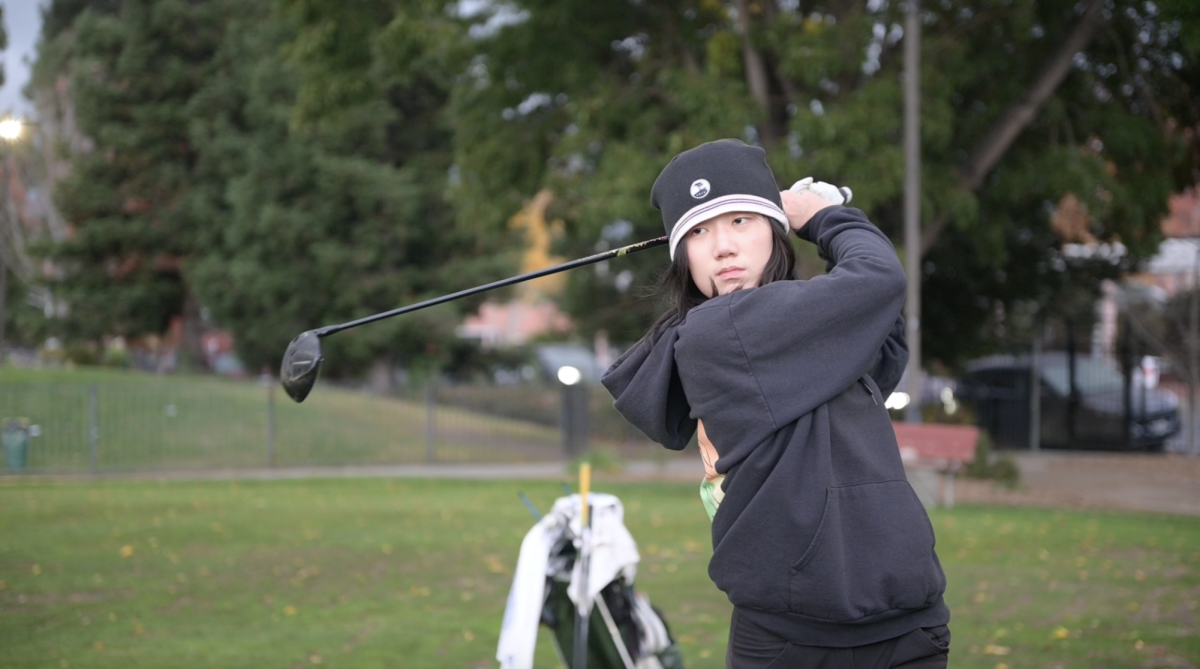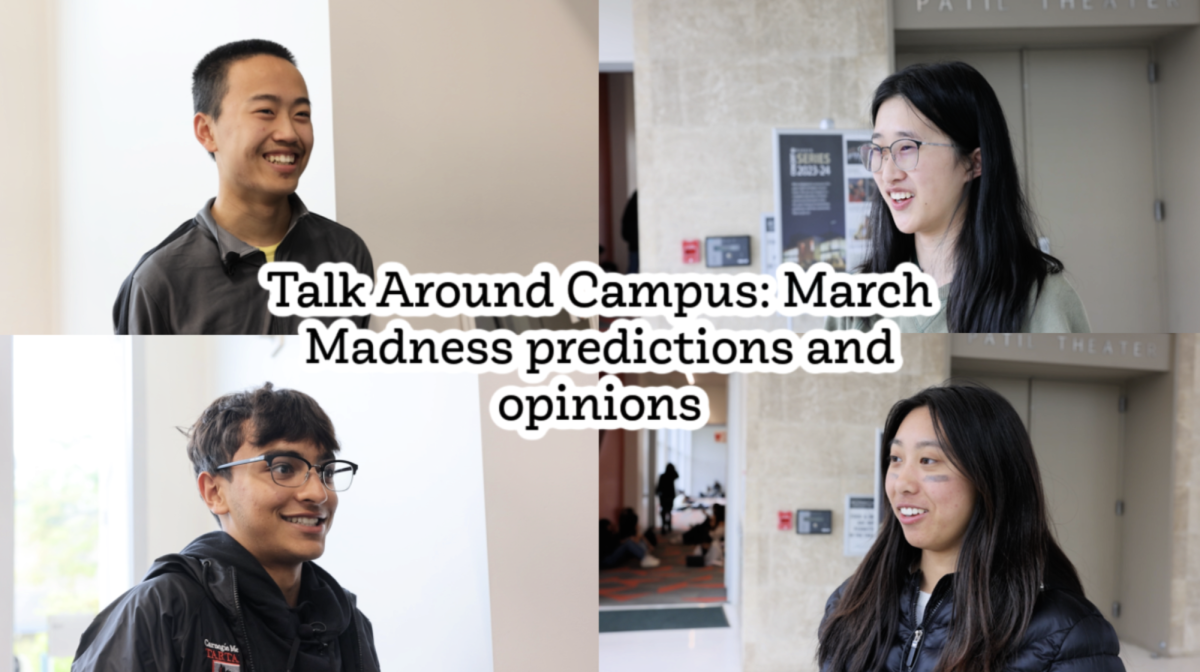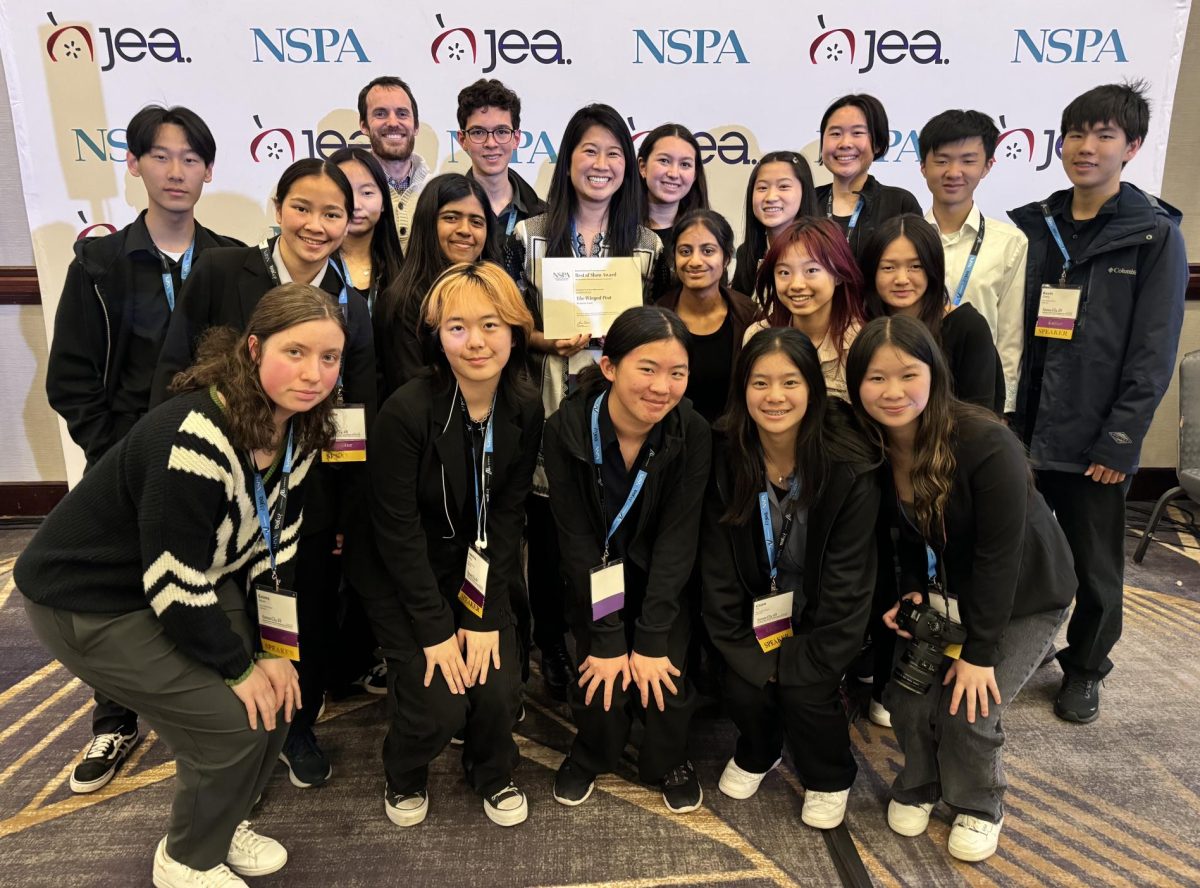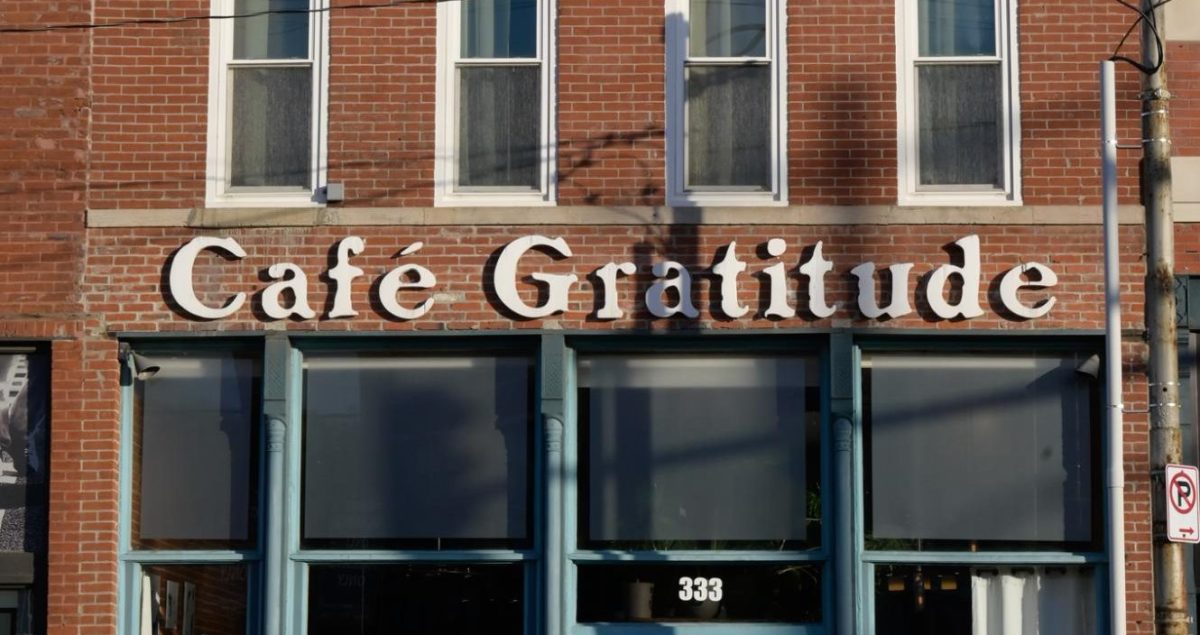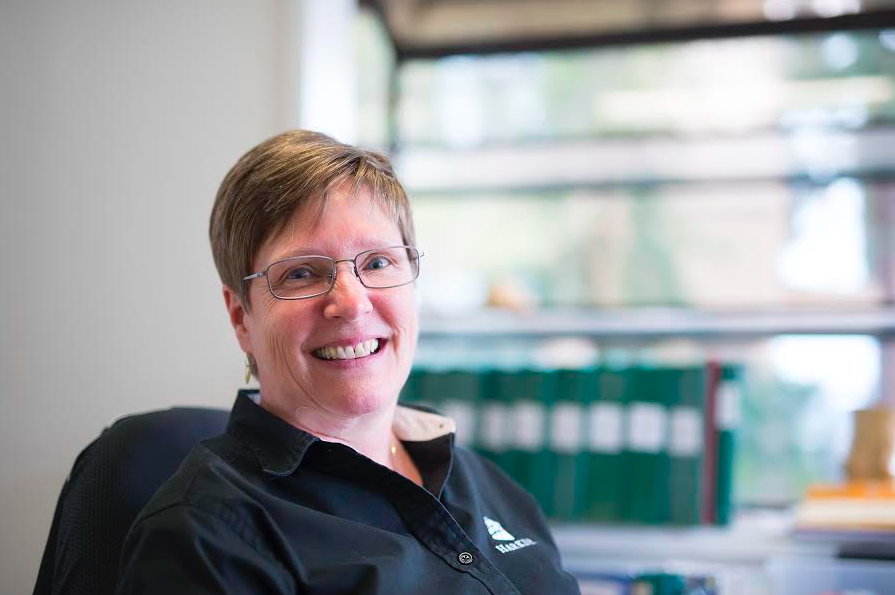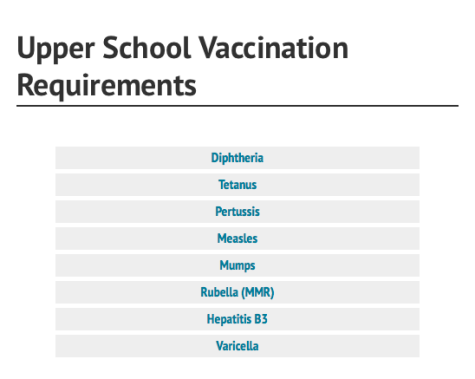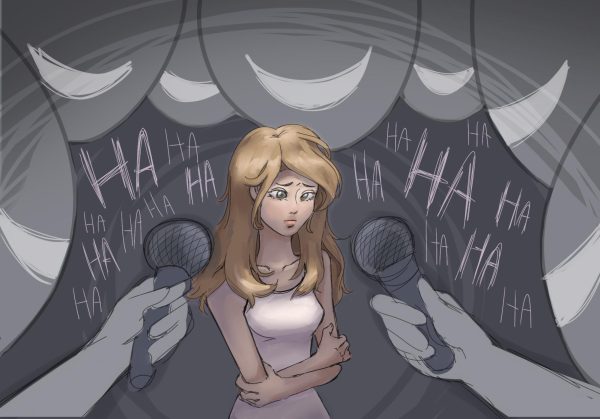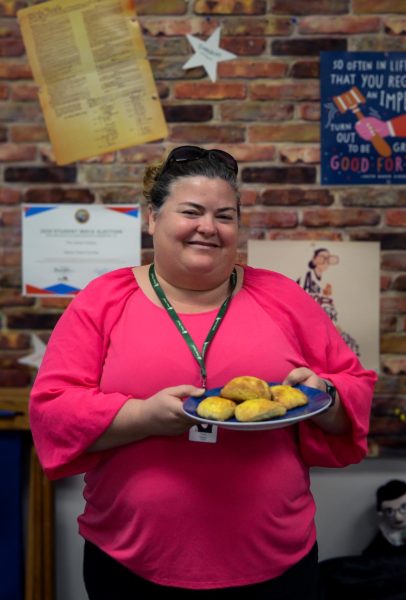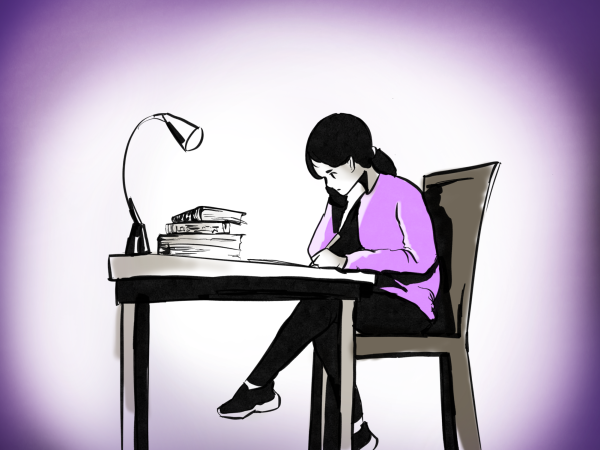Recent measles outbreak causes concern across United States
Upper School nurse Clare Elchert talks about immunization requirements for students. Students are required to be vaccinated for certain diseases each year.
From Disneyland to Illinois, recent measles outbreaks reignited a nationwide debate on vaccination: who needs it, when to get it, and whether or not it should be compulsory.
Locally, Harker follows the same vaccination policy as the rest of public and private schools in the county, according to Upper School Nurse Clare Elchert.
In other parts of the state and country, vaccination is not compulsory. Some families choose to go unvaccinated because of worries that vaccinations cause autism or are otherwise harmful. Diseases like measles have not been seen in large numbers since the 1950s. Many pointed to “anti-vaxxing” families, as vaccination’s critics have come to be known, as the source of the resurgence, citing the compromise of herd immunity.
The question of whether or not vaccination should be required by law is an ethical one — a constant push and pull between public safety and personal choice. Across the Harker community, students and faculty shared their opinions.
“It’s a no brainer; children should get vaccinated,” said Biology teacher Dr. Matthew Harley. “I think a lot of the issue is ignorance, distrust of medical profession and more generally of science.”
A study originally published in 1998 in a British medical journal, The Lancet, seemed to correlate the measles/mumps/rubella vaccine and autism. The report was later retracted by the journal and the doctor who spearheaded its creation was stripped of his title a little under five years ago, according to a New York Times article written in May of 2010.
In the U.S., all states have medical exemptions for students not healthy enough for immunization, according to Debra Nott, Director of Nursing at the Bucknall campus. Locally, further exceptions exist for certain students.
“California also allows two other exemptions: religious and personal beliefs. On average, 80 percent of the parents who opt not to vaccinate use the personal beliefs option,” she said in an email interview. “In 2012, California changed the exemption law to require parents opting out of immunizations to first discuss their decision with a nurse, nurse practitioner or doctor.”

A vaccine sits on a cotton swab ready for deployment. Recent measles outbreaks have caused more discussion over compulsory vaccination.
Nott said that she personally feels it is best for every healthy child to be fully immunized.
“We should have laws for vaccination,” Dr. Harley said. “If you believe in the individual making those choices, I’m okay with having no vaccination laws, but then we should get rid of seatbelts and bike helmet laws.”
This piece was originally published in the pages of The Winged Post on March 13, 2015.

Meilan Steimle (12) is co-Editor-in-Chief of the Winged Post. She was a reporter her freshman year, Winged Post Opinion Editor her sophomore year and Winged...
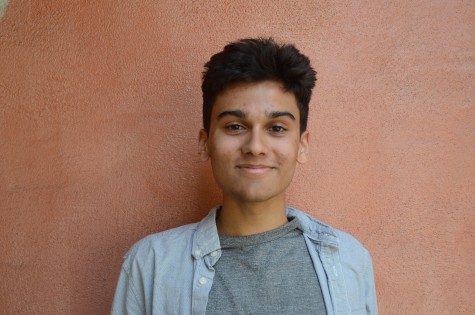
Shay Lari-Hosain (12) is the Editor-in-Chief and co-founder of Wingspan Magazine. Shay has interviewed 2013 Nobel Laureates, authors like Khaled Hosseini...
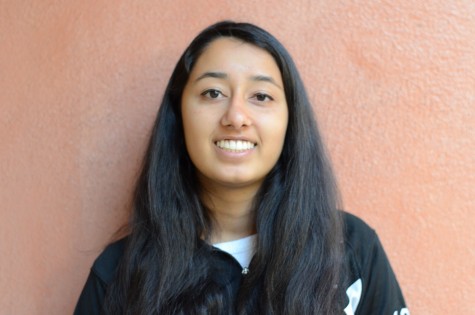
Ria Gandhi (11) is the Aquila Features Editor. This is her third year on staff after being the Assistant Sports Editor in her sophomore year and a reporter...































![Setter Emma Lee (9) sets the ball to the middle during the match against Pinewood on Sept. 12. “[I’m looking forward to] getting more skilled, learning more about my position and also becoming better friends with all of my teammates, Emma said.](https://harkeraquila.com/wp-content/uploads/2023/09/DSC_4917-2-1200x795.jpg)
































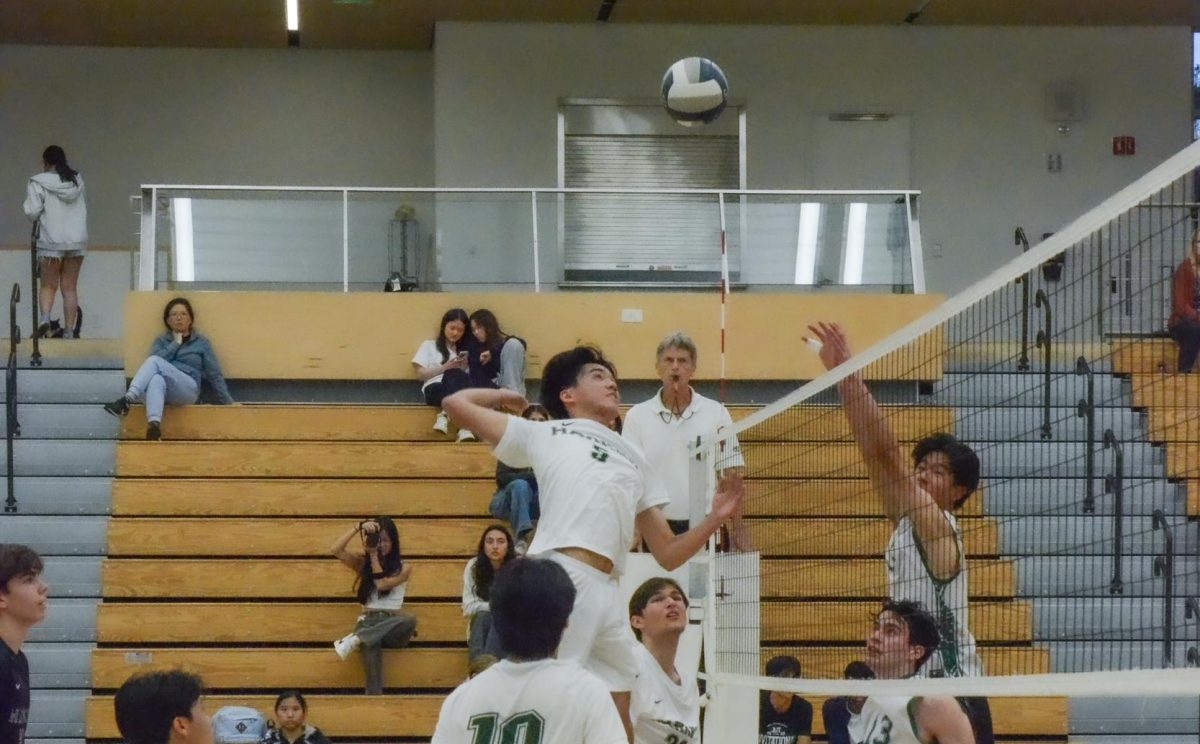
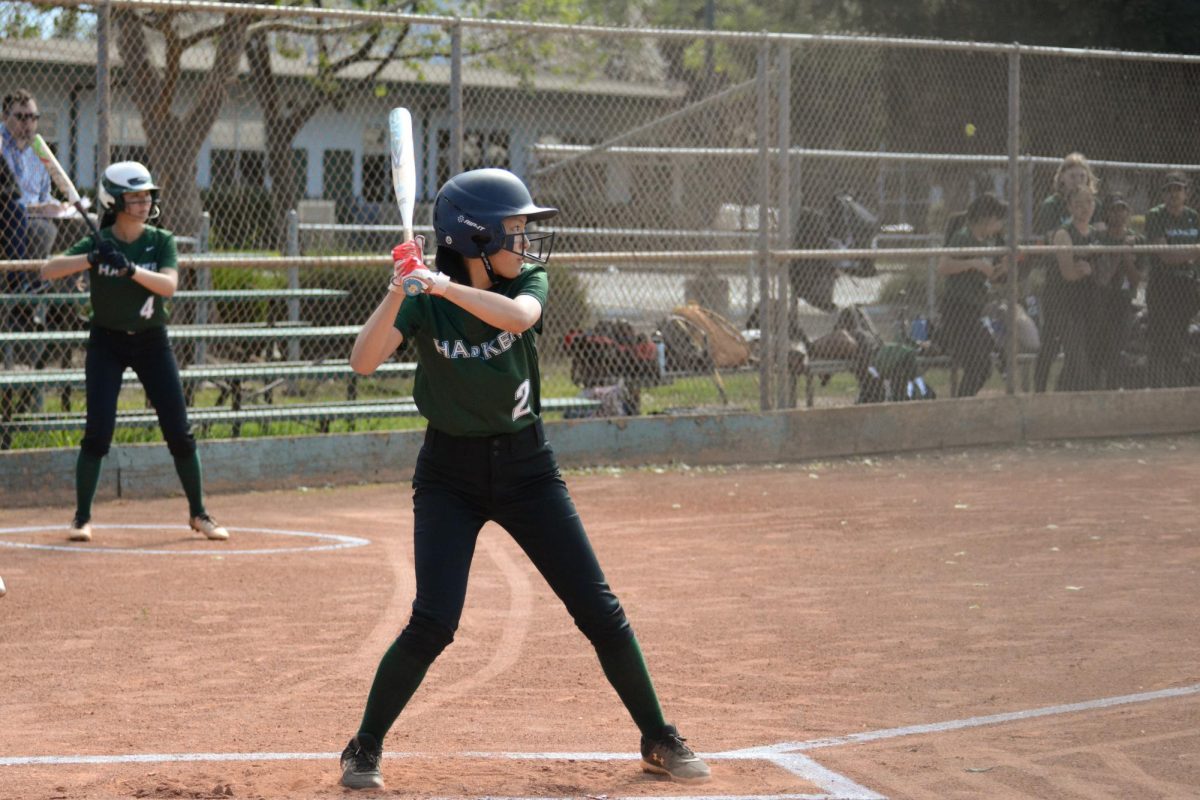
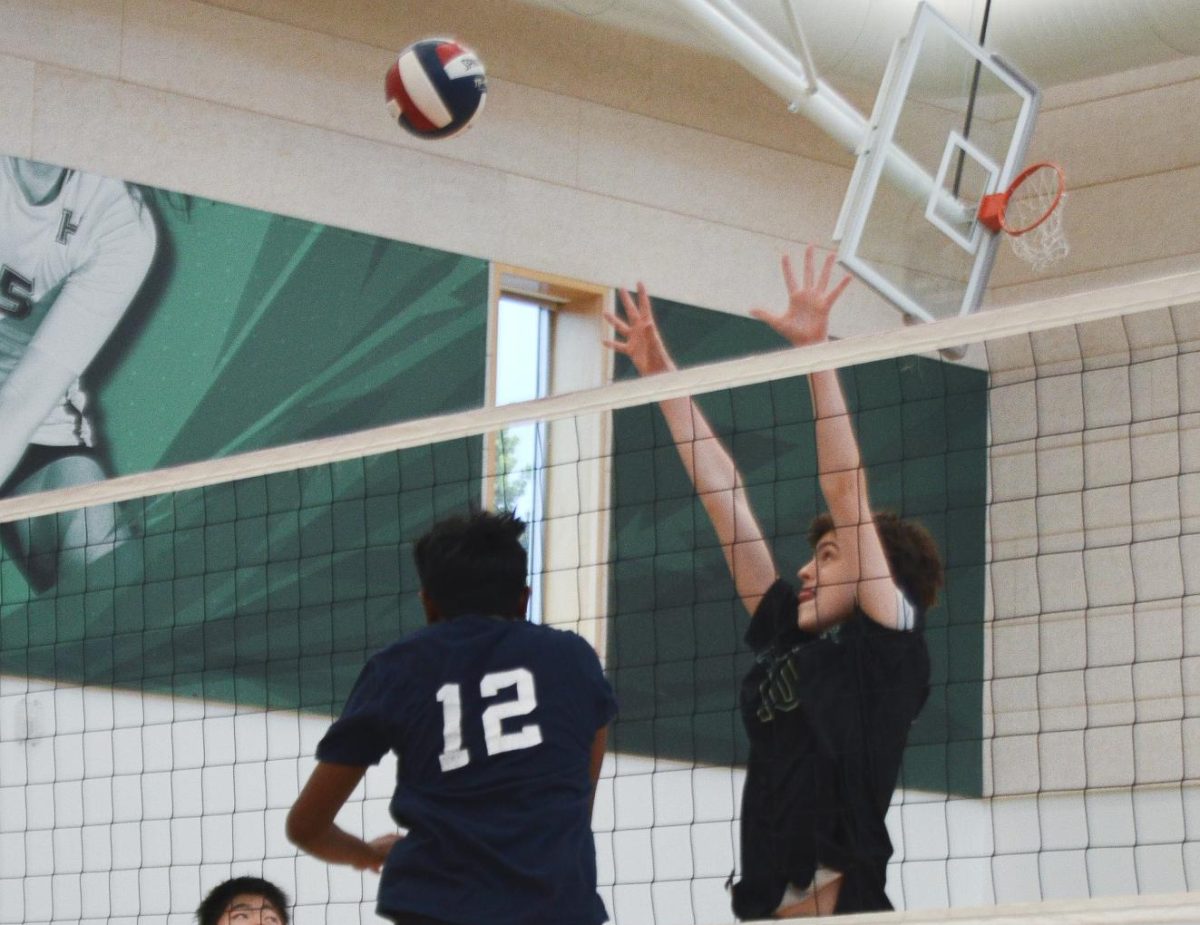
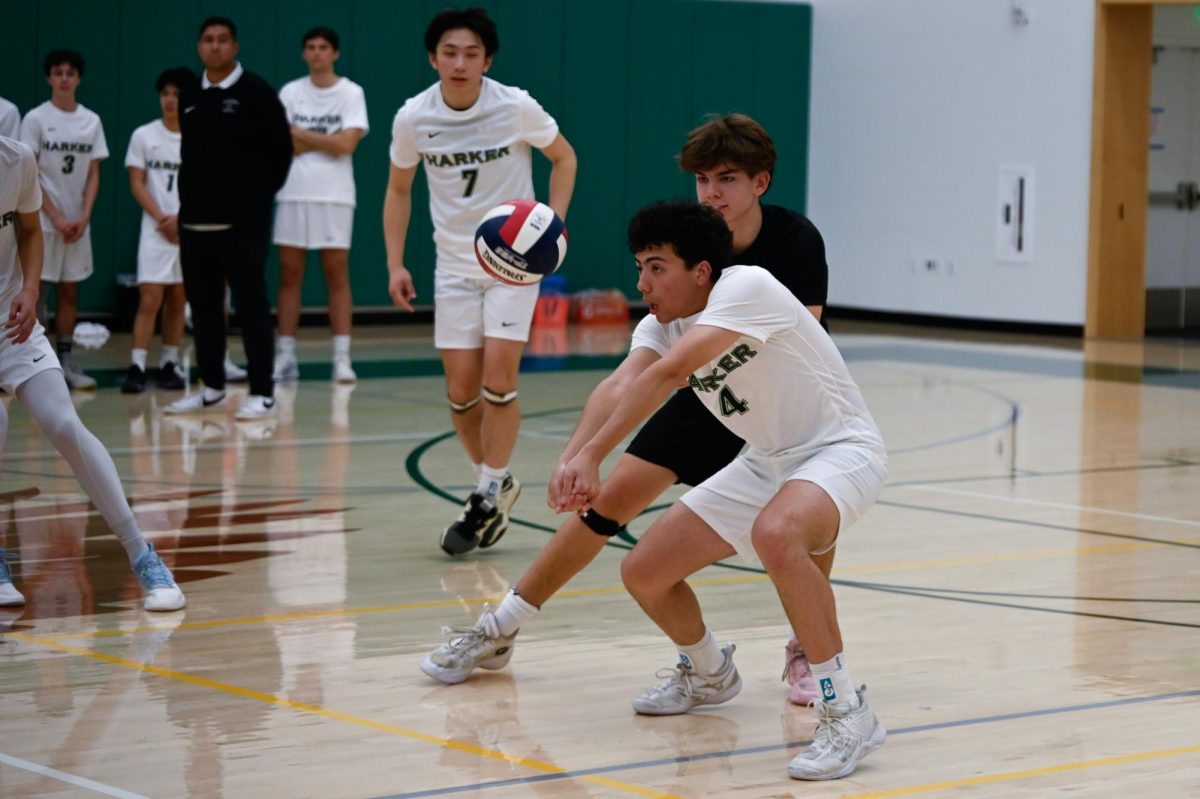
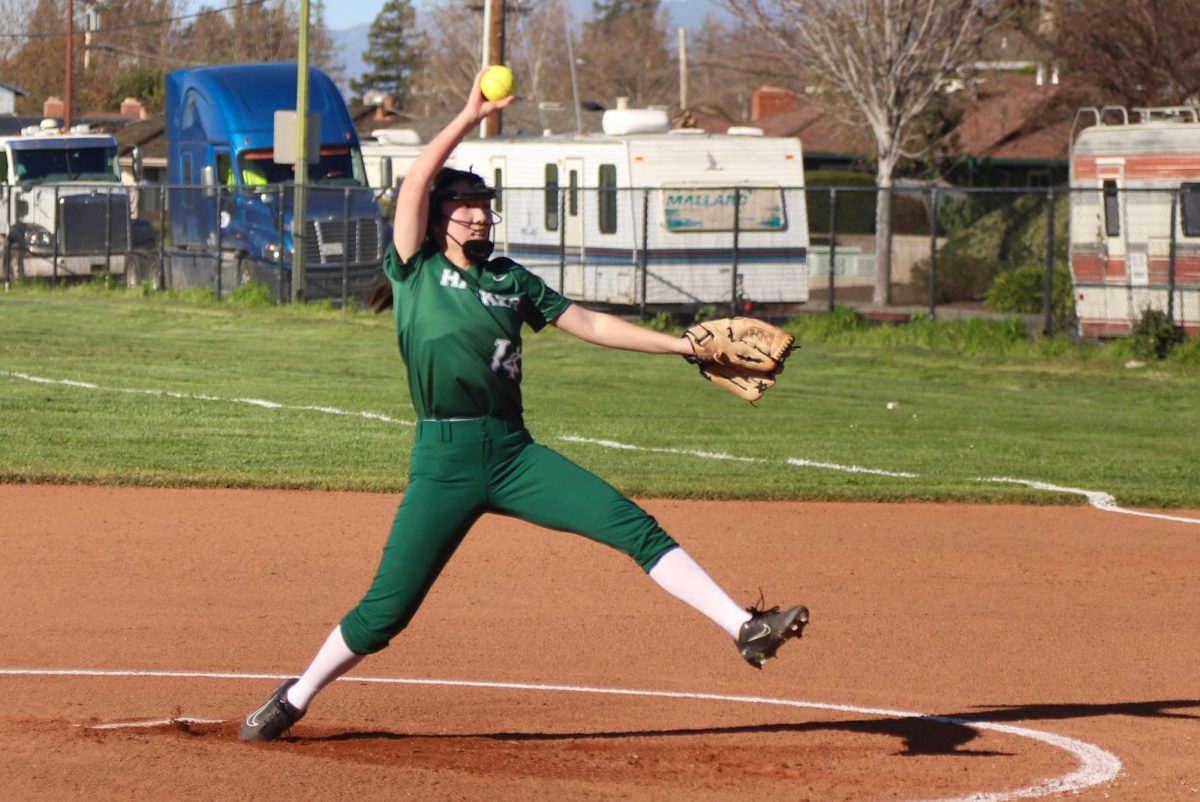



























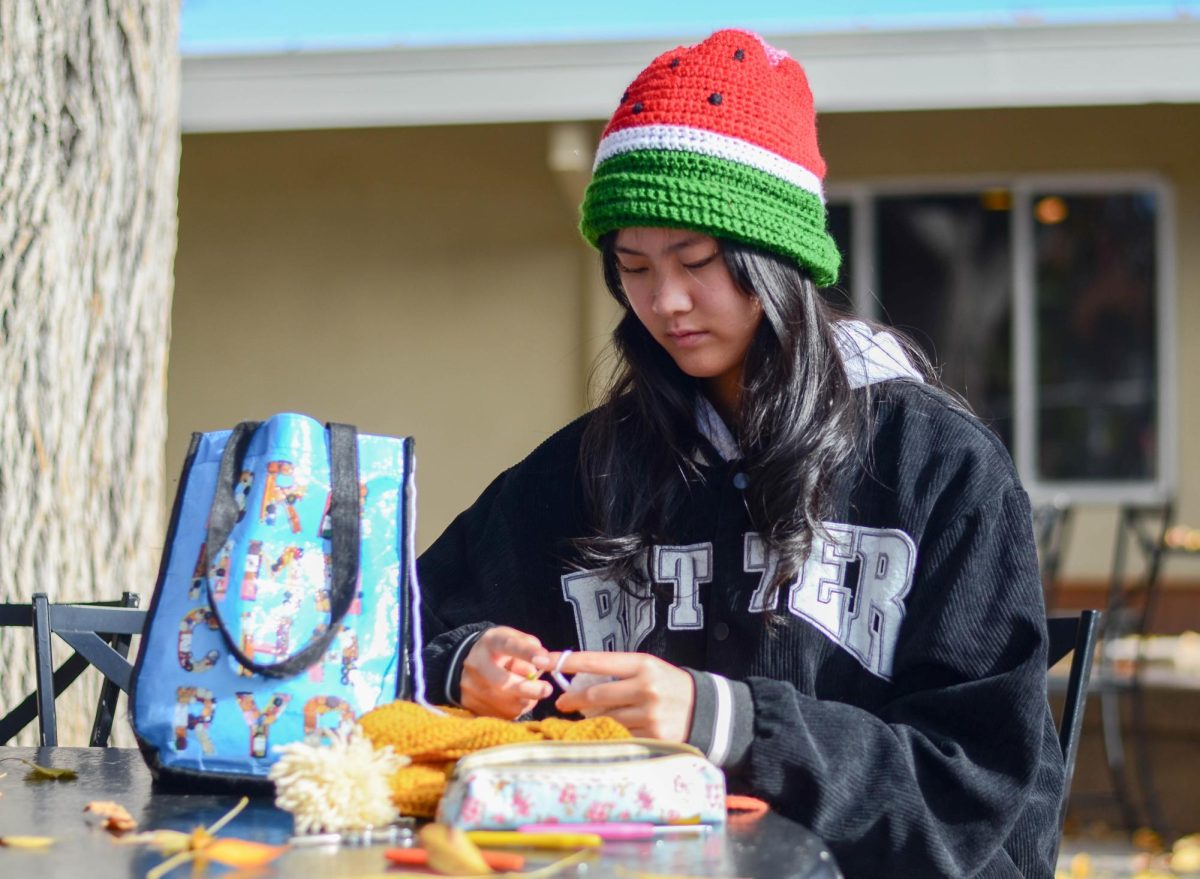
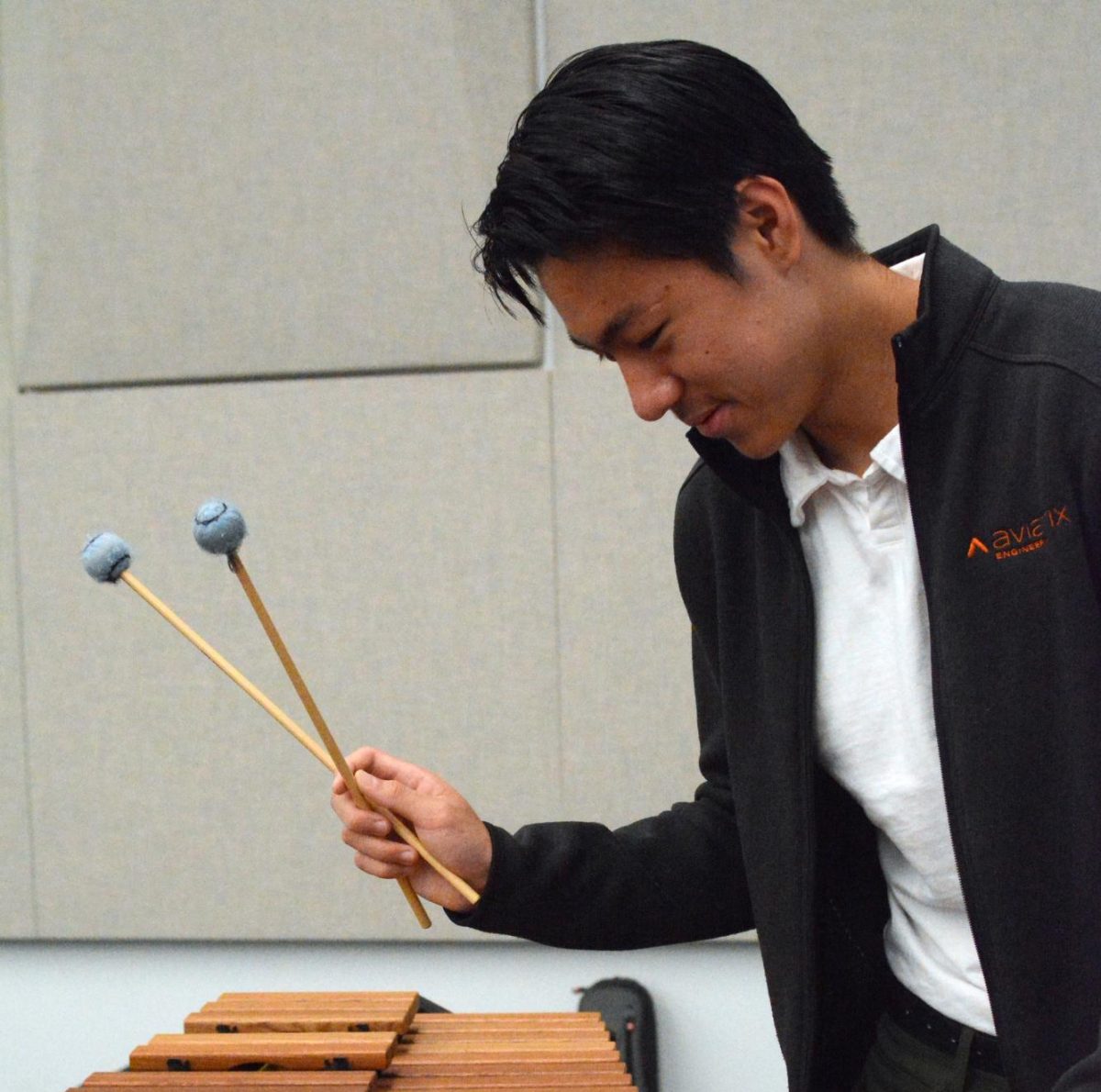
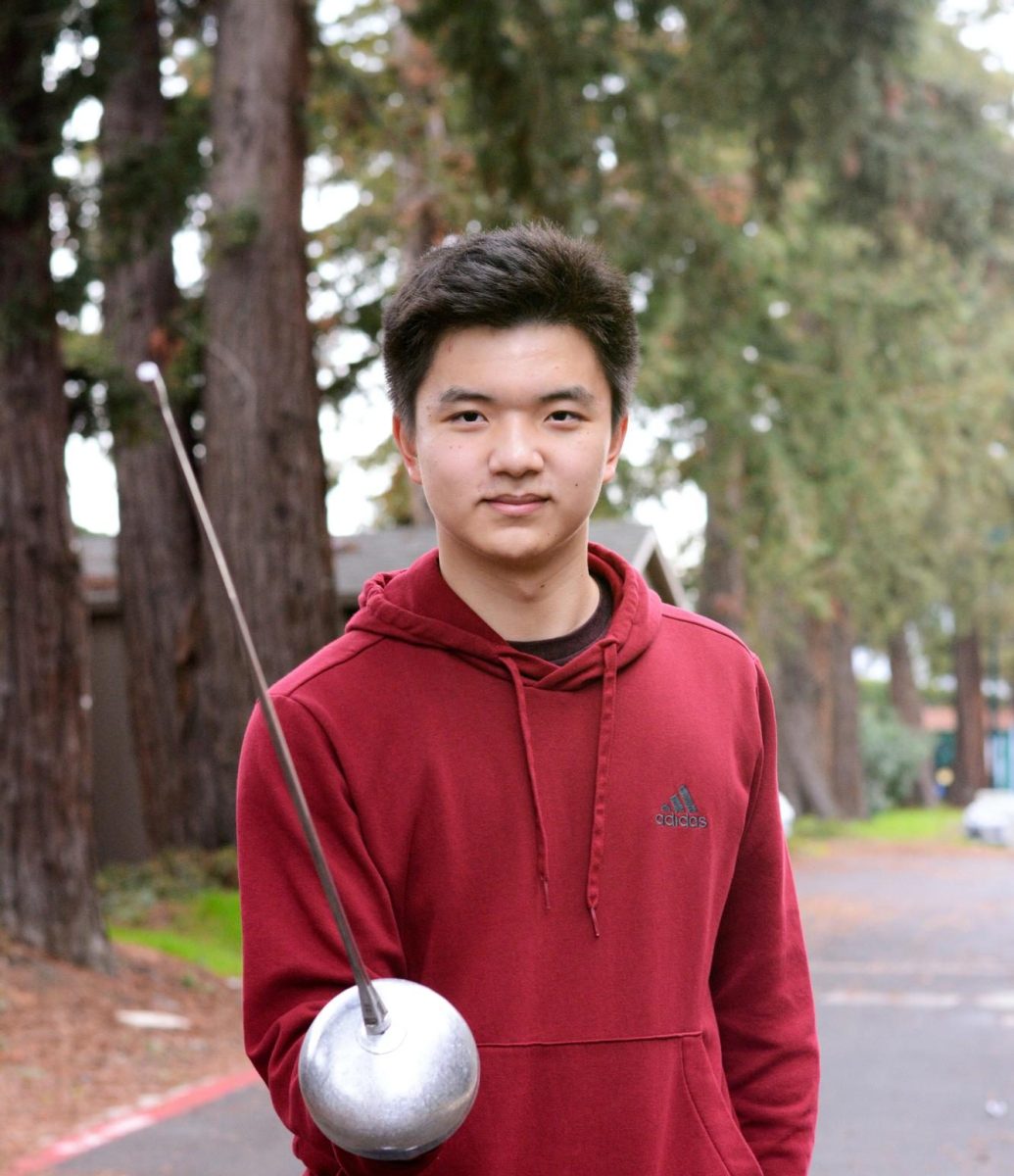
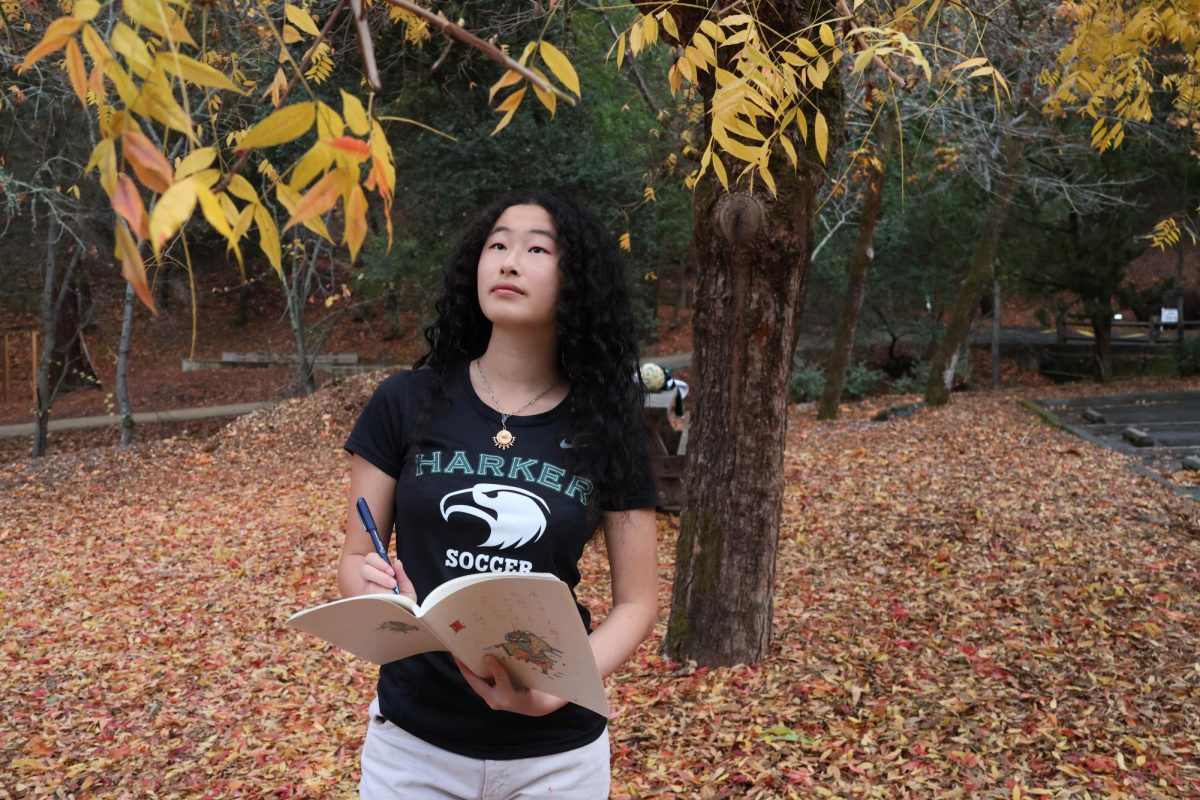
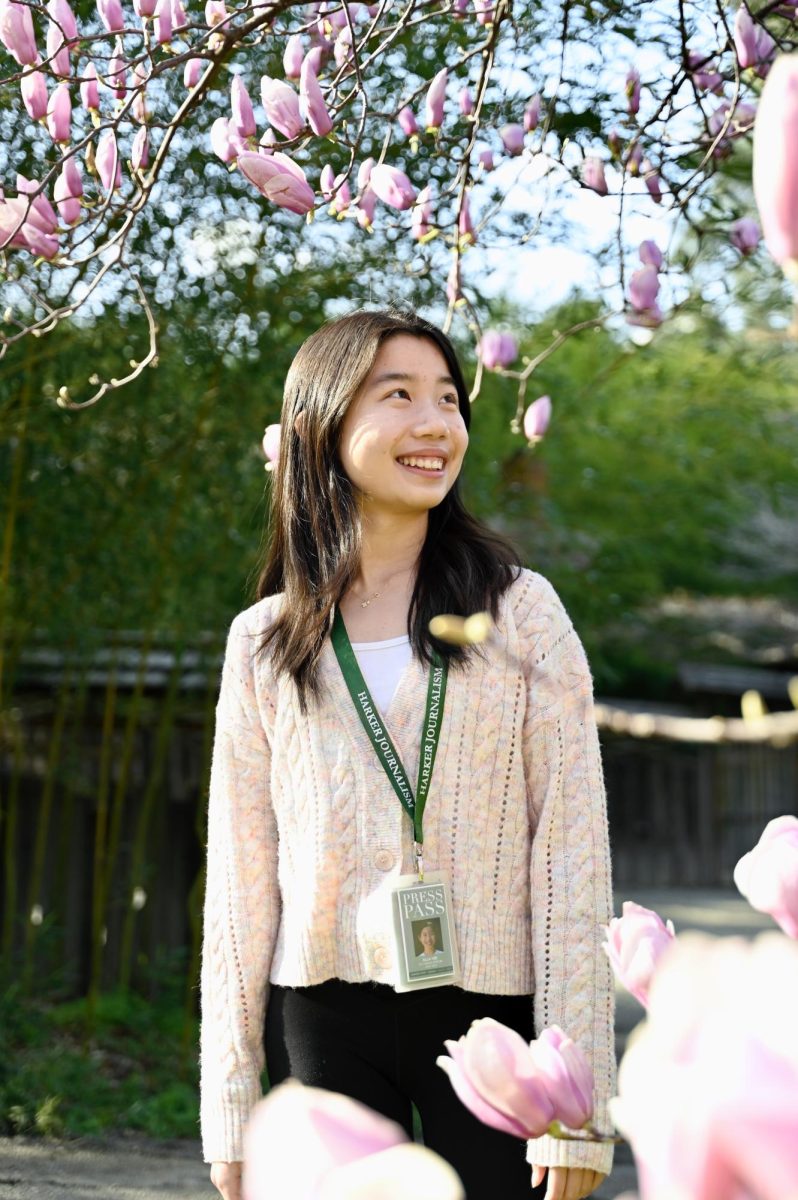









![“[Building nerf blasters] became this outlet of creativity for me that hasnt been matched by anything else. The process [of] making a build complete to your desire is such a painstakingly difficult process, but Ive had to learn from [the skills needed from] soldering to proper painting. Theres so many different options for everything, if you think about it, it exists. The best part is [that] if it doesnt exist, you can build it yourself, Ishaan Parate said.](https://harkeraquila.com/wp-content/uploads/2022/08/DSC_8149-900x604.jpg)


![“Animation just clicked in a way. I had been interested in art, but that felt different. [Animation] felt like it had something behind it, whereas previous things felt surface level. I wasnt making that crazy of things, but just the process of doing it was much more enjoyable, Carter Chadwick (22) said.](https://harkeraquila.com/wp-content/uploads/2022/08/Screen-Shot-2022-08-16-at-9.44.08-AM-900x598.png)


![“When I came into high school, I was ready to be a follower. But DECA was a game changer for me. It helped me overcome my fear of public speaking, and its played such a major role in who Ive become today. To be able to successfully lead a chapter of 150 students, an officer team and be one of the upperclassmen I once really admired is something Im [really] proud of,” Anvitha Tummala (21) said.](https://harkeraquila.com/wp-content/uploads/2021/07/Screen-Shot-2021-07-25-at-9.50.05-AM-900x594.png)



![“[Volleyball has] taught me how to fall correctly, and another thing it taught is that you don’t have to be the best at something to be good at it. If you just hit the ball in a smart way, then it still scores points and you’re good at it. You could be a background player and still make a much bigger impact on the team than you would think,” Anya Gert (’20) said.](https://harkeraquila.com/wp-content/uploads/2020/06/AnnaGert_JinTuan_HoHPhotoEdited-600x900.jpeg)

![“Im not nearly there yet, but [my confidence has] definitely been getting better since I was pretty shy and timid coming into Harker my freshman year. I know that theres a lot of people that are really confident in what they do, and I really admire them. Everyones so driven and that has really pushed me to kind of try to find my own place in high school and be more confident,” Alyssa Huang (’20) said.](https://harkeraquila.com/wp-content/uploads/2020/06/AlyssaHuang_EmilyChen_HoHPhoto-900x749.jpeg)













![“My slogan is ‘slow feet, don’t eat, and I’m hungry.’ You need to run fast to get where you are–you arent going to get those championships if you arent fast,” Angel Cervantes (12) said. “I want to do well in school on my tests and in track and win championships for my team. I live by that, [and] I can do that anywhere: in the classroom or on the field.”](https://harkeraquila.com/wp-content/uploads/2018/06/DSC5146-900x601.jpg)

![“I think getting up in the morning and having a sense of purpose [is exciting]. I think without a certain amount of drive, life is kind of obsolete and mundane, and I think having that every single day is what makes each day unique and kind of makes life exciting,” Neymika Jain (12) said.](https://harkeraquila.com/wp-content/uploads/2017/06/Screen-Shot-2017-06-03-at-4.54.16-PM.png)






